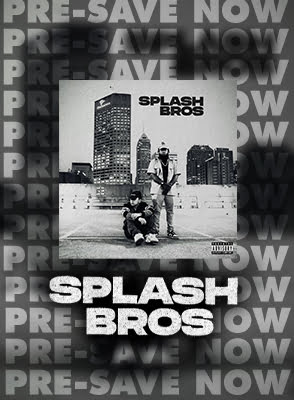
In the world of NFL dreams and ambitions, where young talents aim to make their mark on the gridiron, USC’s star quarterback and reigning Heisman winner, Caleb Williams, is turning heads with a request that defies traditional norms. As the expected number one overall pick in the 2024 NFL draft, Williams is raising eyebrows with his audacious demand for partial ownership in the team that drafts him. This groundbreaking proposal has ignited a spirited debate, with supporters and skeptics presenting their compelling arguments regarding the potential advantages and drawbacks of such a daring move
The Pros:
- Incentive for Player Loyalty: One of the primary benefits of granting a player partial ownership is the added incentive for long-term loyalty. In a league where player-team relationships can be fleeting, the promise of ownership could encourage Williams to invest himself more deeply in his franchise. This could result in a more stable and productive player-team relationship, which benefits both parties.
- Economic Investment: Caleb Williams is not just another player; he’s a potentially generational talent. Granting him partial ownership may prove to be a shrewd economic decision for the team. His success on and off the field can boost the franchise’s financial value, helping the team capitalize on its investment.
- Setting a New Precedent: If the NFL were to entertain Williams’ request and accommodate it, it could set a precedent for other talented athletes to follow. This might lead to a more player-centric league and empower athletes in new and unprecedented ways.
- Enhanced Team Marketing: A star player with ownership could be a marketing goldmine. It’s an attractive story for fans, sponsors, and the media. This increased visibility could boost the franchise’s revenue streams and bring financial benefits beyond the field.
The Cons:
- Violating Rookie Salary Cap Rules: The NFL has strict rules in place, particularly regarding rookie salaries. Granting ownership to a rookie could be viewed as an end-run around these rules, potentially creating friction between the league, teams, and the Players’ Association. It might also lead to financial imbalances in team composition.
- Ownership Instability: Player-team relationships in the NFL can be quite transient, with players often moving from one team to another. Granting ownership to a player who might not finish their career with the same team could create complex ownership disputes and legal headaches when the player changes teams.
- Team Control and Influence: Ownership implies a degree of control and influence over team decisions, which might not always align with the best interests of the franchise. Williams’ vision for the team may conflict with the management’s strategy, leading to internal discord and challenges in decision-making.
- Complications with League Rules: The NFL has a well-established framework governing ownership, and any deviation from this could open a Pandora’s box of complications and disputes. Creating a pathway for partial ownership for players may necessitate a significant overhaul of the league’s governing structures.
Theoretical Ways for Minority Ownership:
- Performance-Based Ownership: Williams could be granted a small ownership stake, perhaps with increasing percentages tied to his on-field performance and accomplishments, incentivizing him to excel while ensuring his ownership reflects his contribution to the team’s success.
- Vesting Period: Ownership could be granted to Williams, but with a vesting period or conditions that must be met for him to maintain or increase his ownership stake. This would encourage long-term commitment and development.
- Revenue Sharing: Instead of direct ownership, Williams could receive a share of revenue generated by his jersey sales, merchandise, or other personal brand-related revenue. This would provide him with financial incentives without complicating ownership structures.
- Charitable Endeavors: Williams could be granted partial ownership with a stipulation that a portion of any financial gains derived from his ownership must be donated to charitable causes or invested in community development, enhancing the philanthropic aspect of this venture.
In a nutshell, Caleb Williams’ request for a slice of the NFL ownership pie is nothing short of bold and uncharted territory. It comes with a bunch of potential perks that could shake up how players and teams interact, but it’s also not without its fair share of hurdles and hiccups. Striking the right balance between player empowerment and preserving the league’s fundamental structure is the million-dollar question. Whether Williams can sway the NFL into reconsidering its stance remains to be seen, but one thing is for sure: his audacious demand has sparked a lively conversation about the future of player ownership in the NFL.




